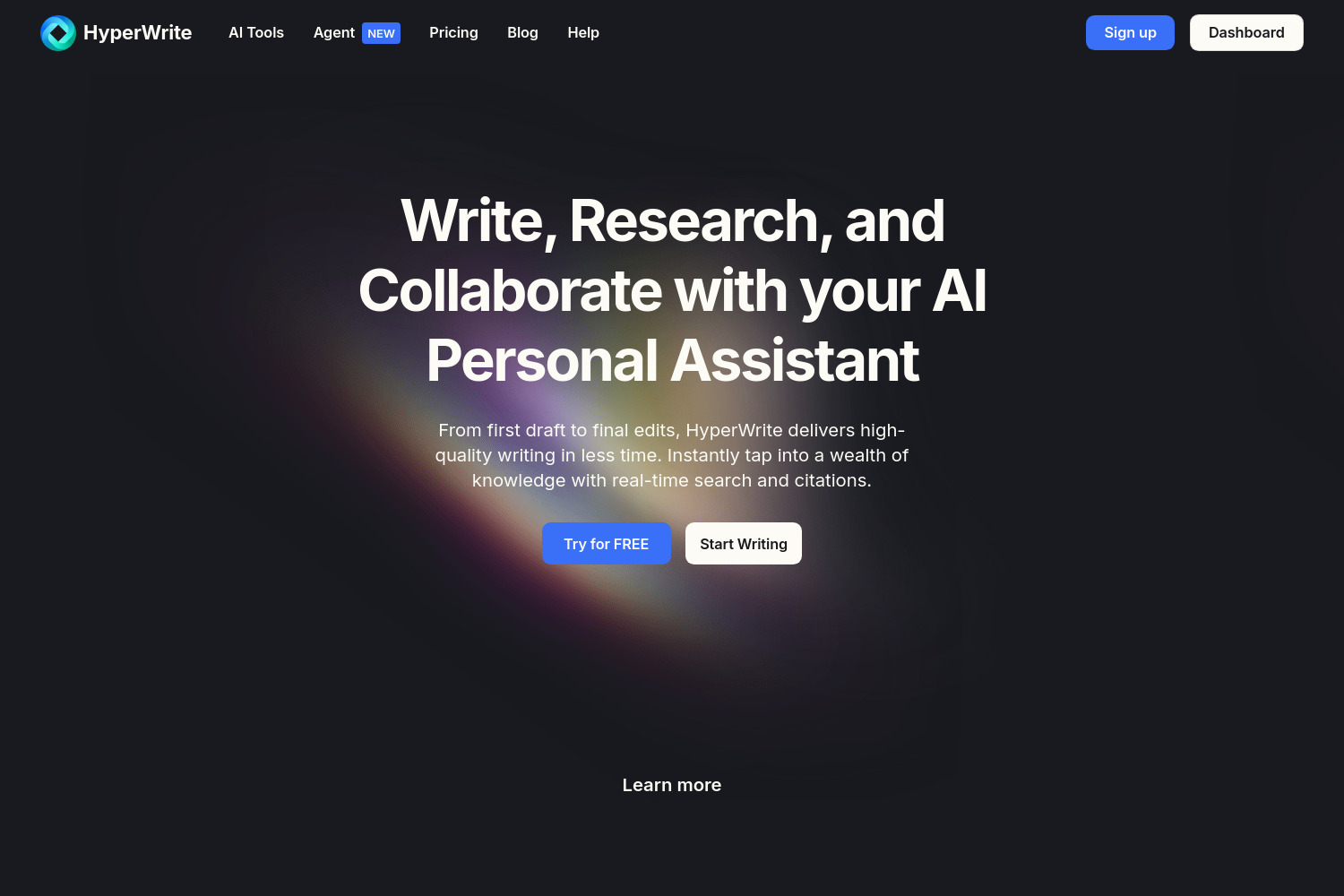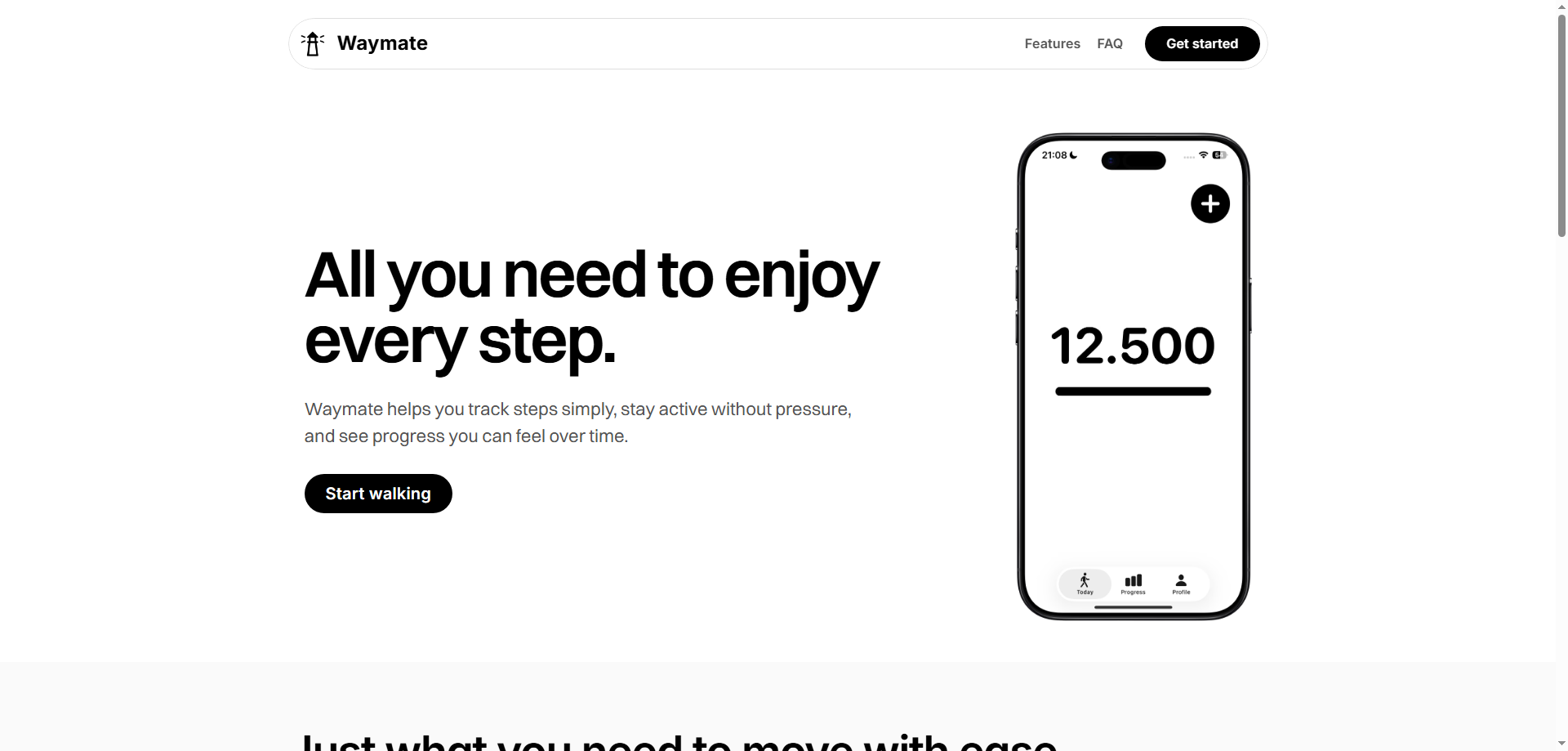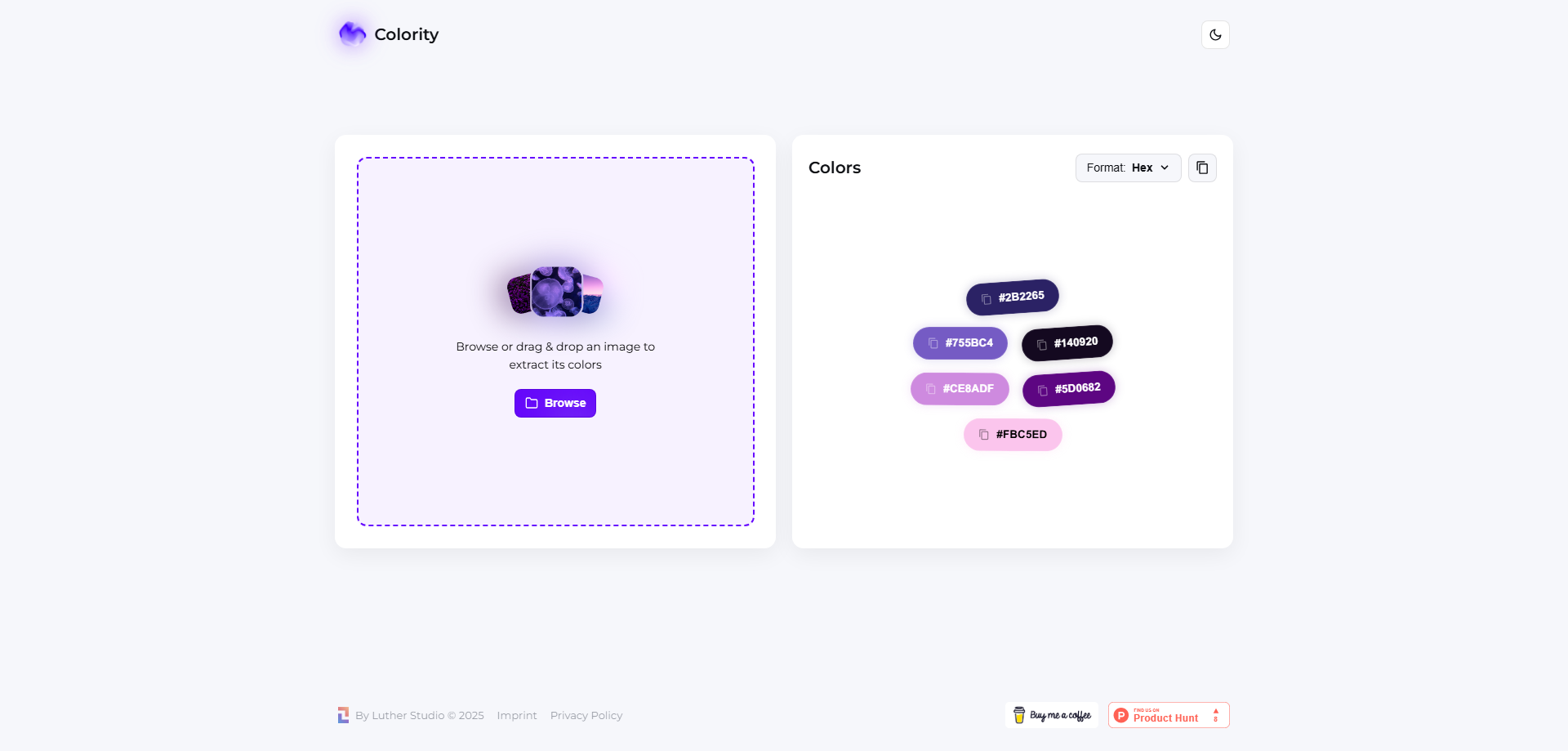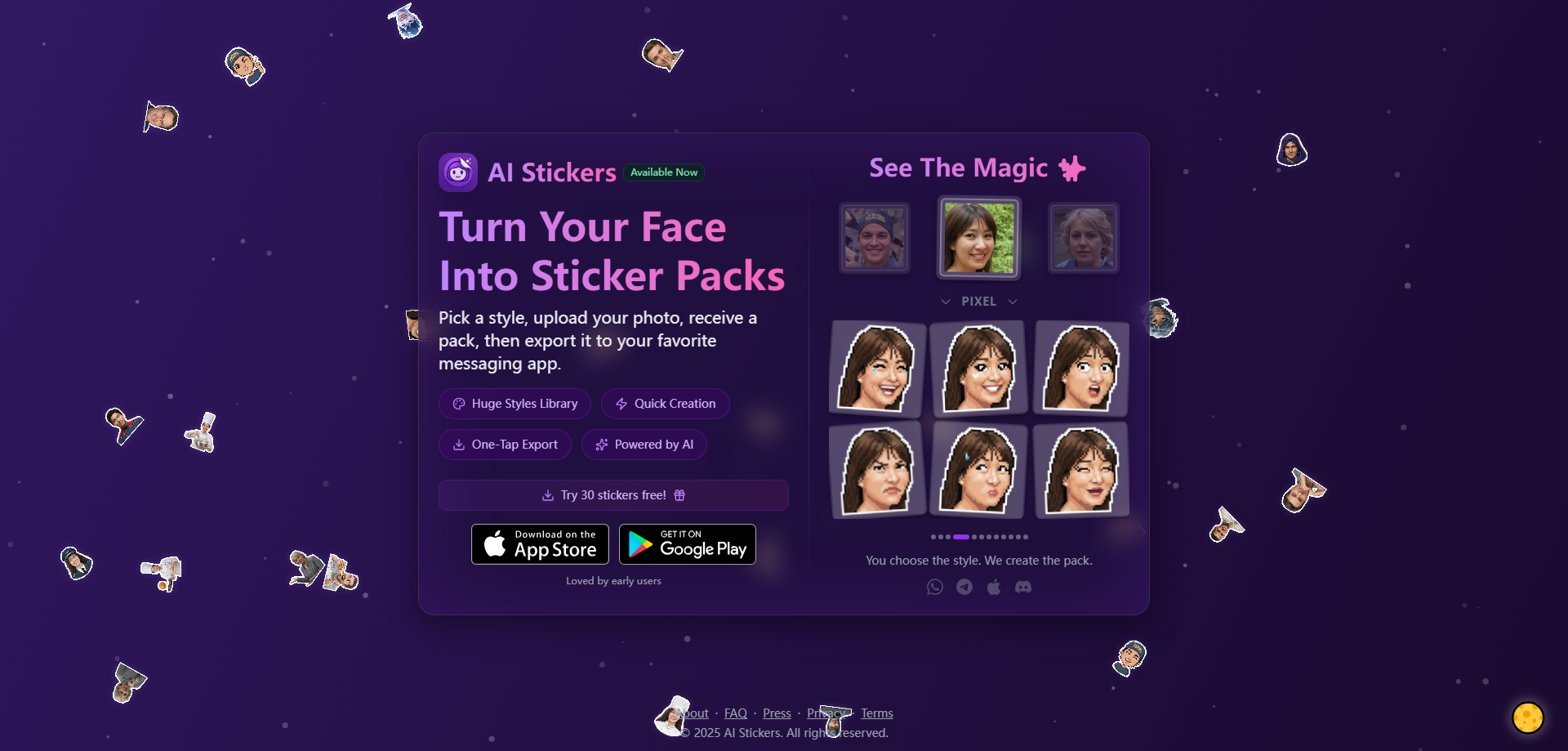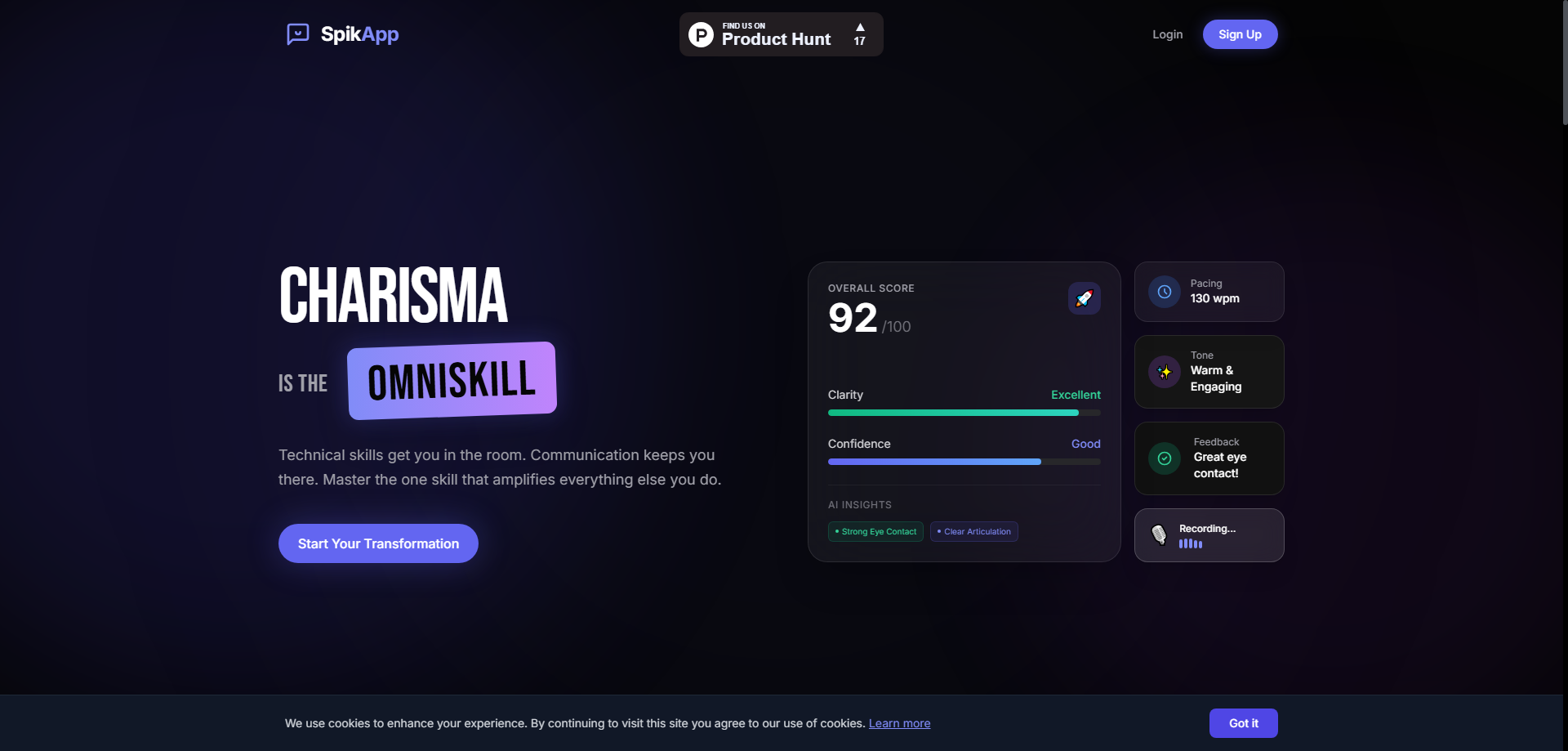Reflection 70B: Advanced AI Model with Superior Accuracy and Self-Correction
Reflection 70B is a cutting-edge large language model (LLM) designed to deliver high performance and reliability across a variety of AI applications. Built with 70 billion parameters, Reflection 70B addresses common issues such as hallucination in language models by incorporating an innovative planning phase that enhances the clarity and accuracy of outputs. Its impressive performance on leading benchmarks like MMLU, GSM8K, and MATH makes it a top-tier option for developers, researchers, and organizations seeking a powerful AI solution.
Reflection 70B not only outperforms many advanced closed-source models but also offers enhanced reasoning capabilities, ensuring more reliable, concise, and accurate results. Available on Hugging Face, with an API from Hyperbolic Labs set to launch soon, this model is accessible and easy to integrate into various systems.
Key Features of Reflection 70B
1. Exceptional Benchmark Performance
Reflection 70B has consistently delivered remarkable results across a range of industry benchmarks, including:
- MMLU
- GSM8K
- MATH
- IFEval
It has demonstrated superior accuracy, outperforming leading models like GPT-4o and Llama 3.1 405B, making it the model of choice for tasks that require high precision and dependability.
2. Enhanced Chain-of-Thought (CoT) Reasoning
By separating the planning process into a distinct step, Reflection 70B significantly enhances the effectiveness of Chain-of-Thought (CoT) reasoning. This approach allows the model to produce more concise, clear, and logically sound outputs, making it easier for users to interpret and apply its responses.
3. Hallucination Mitigation
Hallucinations—where models generate inaccurate or false information—are a common issue in LLMs. Reflection 70B tackles this by incorporating advanced techniques that reduce the likelihood of producing erroneous outputs. As a result, users can trust the accuracy of the model’s responses, particularly in high-stakes environments.
4. Decontamination Checks
Reflection 70B has undergone comprehensive decontamination checks using the LLM Decontaminator from @lmsysorg, ensuring that the model’s outputs are free from contamination and bias across the benchmarks it has been tested on. This process enhances the model’s credibility and reliability in real-world applications.
5. Accessible Model Weights
For ease of integration, the weights for Reflection 70B are available on Hugging Face, allowing developers and researchers to seamlessly integrate the model into their workflows. In addition, an API from Hyperbolic Labs will be launching soon, providing broader access to the model’s capabilities.
Pros and Cons of Reflection 70B
Pros:
- High Benchmark Performance: Reflection 70B consistently outperforms other models in key benchmarks, making it ideal for tasks requiring accuracy and precision.
- Improved Clarity: The distinct planning phase results in clearer, more concise outputs, benefiting users in understanding and applying the model’s results.
- Reduced Hallucination: Techniques to mitigate hallucinations improve the trustworthiness of its outputs, minimizing the risk of false information.
- Open Access: Model weights are easily accessible via Hugging Face, facilitating straightforward implementation.
Cons:
- Complex Implementation: Given its advanced features, integrating Reflection 70B into existing workflows may require technical expertise and additional setup.
- Limited User Feedback: As a relatively new model, there is still a growing base of user experiences and reviews, which may limit initial guidance for new adopters.
Reflection 70B Frequently Asked Questions
1. What is Reflection 70B?
Reflection 70B is an advanced large language model that excels across various benchmarks such as MMLU, MATH, and GSM8K. It addresses common LLM challenges like hallucinations and produces clearer outputs by separating the planning phase from the reasoning process, improving overall accuracy and reliability.
2. How does Reflection 70B compare to other models?
Reflection 70B outperforms several industry-leading models, including Claude 3.5 Sonnet, GPT-4o, and Llama 3.1 405B. It consistently ranks higher across multiple benchmarks, making it a superior choice for developers and researchers requiring dependable AI outputs.
3. What technologies power Reflection 70B?
Reflection 70B leverages advanced planning techniques that improve reasoning processes and reduce hallucinations. The model has been rigorously decontaminated using the LLM Decontaminator from @lmsysorg, ensuring that its outputs are accurate and bias-free.
4. How can users access Reflection 70B?
Users can access the weights for Reflection 70B on Hugging Face Reflection 70B on Hugging Face, making it easy to integrate into various applications. An API from Hyperbolic Labs will be available soon, providing broader access and usability.
5. What future developments are planned for Reflection 70B?
The development team plans to release weights for Reflection 405B next week, along with a detailed report outlining the latest findings and processes. This continuous improvement ensures that Reflection 70B stays at the forefront of AI advancements.
Conclusion
Reflection 70B is a leading large language model that addresses critical challenges in modern AI development, such as hallucinations and clarity of outputs. Its superior performance on benchmarks, combined with its innovative reasoning techniques, makes it a powerful tool for developers and researchers alike. With accessible model weights on Hugging Face and an API launching soon, Reflection 70B is positioned as a valuable resource for those seeking to integrate advanced AI solutions into their workflows.
